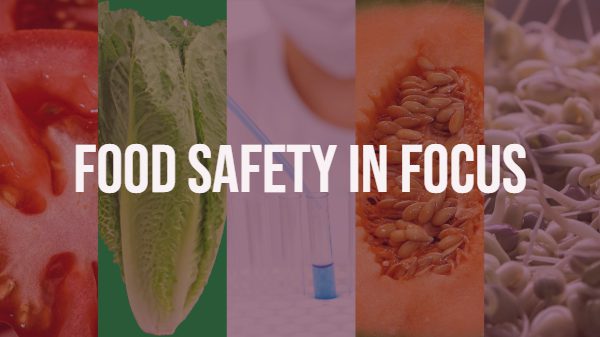
Consumers should expect to see more frequent recall notifications as the FDA takes steps to modernize notification and warning procedures.
Food and Drug Administration Commissioner Scott Gottilieb issued a statement as the agency’s new guidance for public warning and notification of recalls was published in the Federal Register.
In the statement, dated Feb. 7, Gottilieb said the FDA is taking steps to “strengthen and modernize” the recall process and the way the public receives notification.
“Most companies collaborate with the FDA to rapidly initiate voluntary recalls and work with their supply chain partners to remove the product from shelves to prevent further distribution,” the statement said. “And, in general, a recall occurs quickly when the problem is resolved.”
This isn’t always the case, however. The FDA says in some cases the FDA “may need to provide safety advice” to the marketplace to protect consumers.
The new guidance covers:
- Under what circumstances firms should issue public warnings;
- Who prepares public warnings;
- What information should be contained in a public warning;
- How public warnings are distributed and displayed; and
- Public notification of recalls.
The FDA also has issued draft guidance that describes when retailers are disclosed in information about recalled food products.
Gottilieb also stressed that while recalls may seem more frequent, the opposite is the case.
“Some may feel like they’re seeing more recalls,” he said, in the statement. “In actuality, for fiscal year 2018, there were a total of 7,420 recalls with 831 that were classified as the highest risk. That figure represents a five-year low in recalls.
However, the reason why recall notices might seem to have increased is that our publicizing of these events has become more prominent. We’re routinely providing more information on recalls and other safety issues that have happened…I believe that it’s critical for consumers to have this information so that they can take an action to protect their own health.”
Read Gottilieb’s full statement here.
Consumers should expect to see more frequent recall notifications as the FDA takes steps to modernize notification and warning procedures.
Food and Drug Administration Commissioner Scott Gottilieb issued a statement as the agency’s new guidance for public warning and notification of recalls was published in the Federal Register.
In the statement, dated Feb. 7, Gottilieb said the FDA is taking steps to “strengthen and modernize” the recall process and the way the public receives notification.
“Most companies collaborate with the FDA to rapidly initiate voluntary recalls and work with their supply chain partners to remove the product from shelves to prevent further distribution,” the statement said. “And, in general, a recall occurs quickly when the problem is resolved.”
This isn’t always the case, however. The FDA says in some cases the FDA “may need to provide safety advice” to the marketplace to protect consumers.
The new guidance covers:
- Under what circumstances firms should issue public warnings;
- Who prepares public warnings;
- What information should be contained in a public warning;
- How public warnings are distributed and displayed; and
- Public notification of recalls.
The FDA also has issued draft guidance that describes when retailers are disclosed in information about recalled food products.
Gottilieb also stressed that while recalls may seem more frequent, the opposite is the case.
“Some may feel like they’re seeing more recalls,” he said, in the statement. “In actuality, for fiscal year 2018, there were a total of 7,420 recalls with 831 that were classified as the highest risk. That figure represents a five-year low in recalls.
However, the reason why recall notices might seem to have increased is that our publicizing of these events has become more prominent. We’re routinely providing more information on recalls and other safety issues that have happened…I believe that it’s critical for consumers to have this information so that they can take an action to protect their own health.”
Read Gottilieb’s full statement here.
Pamela Riemenschneider is the Retail Editor for Blue Book Services.



